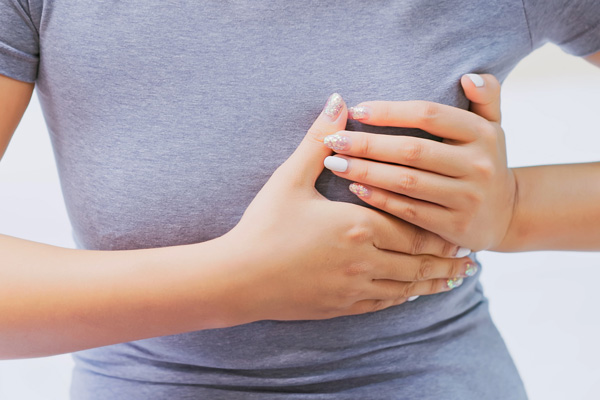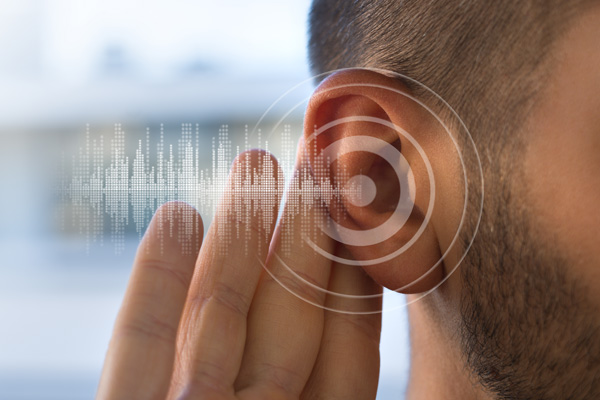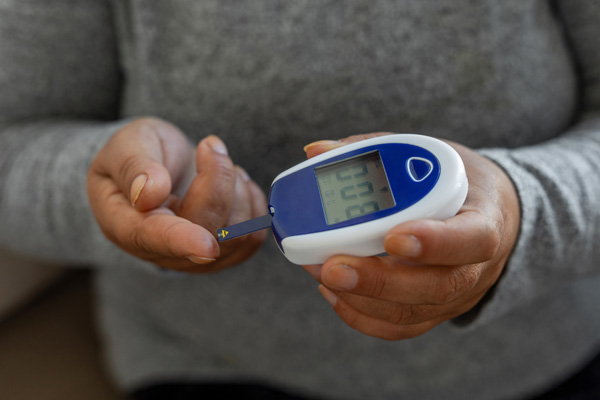Holiday Heart Syndrome: Knowing the signs could save a life
November 21, 2023
This article was reviewed by our Baystate Health team to ensure medical accuracy.
 Quinn R. Pack, MD
View Profile
Quinn R. Pack, MD
View Profile

Health & Wellness Tips
Related Articles
-
Coping with Illness
![a woman with her hand on her chest taking a deep breath]()
Understanding Pulmonary Hypertension: Symptoms & Treatments
-
Coping with Illness
![a woman checking her lymph nodes in her underarm]()
Comprehensive Guide to Lymph Node Removal for Breast Cancer
-
Coping with Illness
![a woman in a gray tshirt holding her left breast as if in pain]()
Does Breast Cancer Hurt? Exploring Breast Pain Types and Causes
-
Wellness & Prevention
![What are Different Types of Breast Cancer_ Plus Treatment Options]()
What are Different Types of Breast Cancer? Plus Treatment Options
-
Coping with Illness
![What Breast Doctors Wish You Knew Western MA]()
What Breast Specialists Want You to Know About Breast Cancer
-
Coping with Illness
![a Black man consulting his doctor about sickle cell disease]()
Comprehensive Guide to Sickle Cell Disease Symptoms and Treatment
-
Coping with Illness
![a doctor examining cells under a microscope]()
Precision Medicine in Breast Cancer: Improving Care Options
-
Wellness & Prevention
![When to Get a Flu Shot]()
When to Get a Flu Shot This Year: What Experts Recommend
-
Coping with Illness
![a man holding his hand up to his ear demonstrating hearing loss]()
Understanding Hearing Loss: Causes, Symptoms & Solutions
-
Coping with Illness
![a person checking their blood sugar with a glucose monitor]()
Diabetes Management: Our Tips to Thrive with Diabetes
Back to Top












